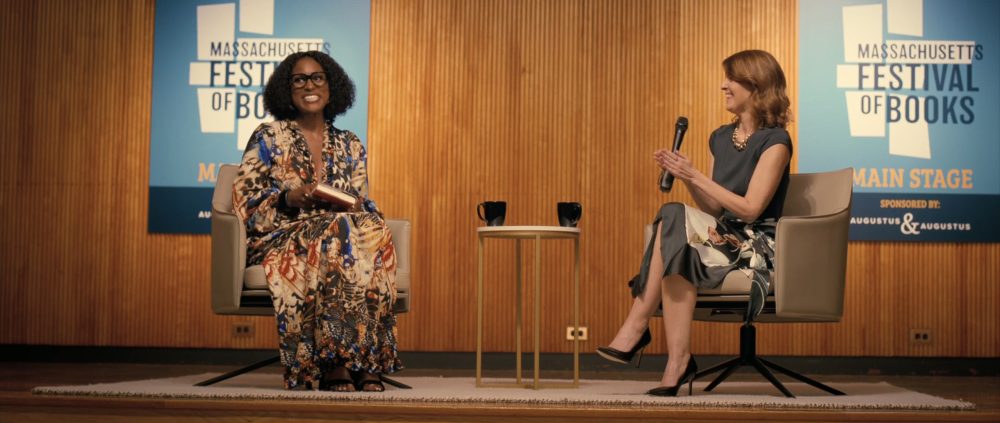
Cord Jefferson’s debut feature “American Fiction” employed multiple female department heads, including cinematographer Cristina Dunlap, editor Hilda Rasula and composer Laura Karpman. They were joined in conversation by sound editor Mandell Winter for a Variety Artisans Screening Series moderated by senior awards editor Clayton Davis.
Karpman spoke to the conscious actions she has taken to advance the careers of female composers and allow them greater opportunities in the film industry, having adopted the mindset of “I can’t leave this the way I found it.”
“We’re in an awards campaign. So as long as I’ve been doing this, I have never had that opportunity. It’s because my field, composition, was literally shut to women,” Karpman said. “And it wasn’t until we started the Alliance for Women Film Composers, and then I became a governor at the Academy, I diversified the branch, I started the Women’s Initiative…So all of this stuff was done on purpose to make these kinds of moments happen. What I didn’t think would happen is that it would happen to me.”
Dunlap also discussed how her male-dominated industry has become more inclusive: “I’ve come along at a time where it’s changing, but when I first started, I was in a group called The 2%, that’s now the International Female Cinematographer Collective. And there’s hundreds of people, but it started out with 10 of us in someone’s backyard.”
“I don’t know why cinematography is such a male-driven place, because it is so much about emotion,” Dunlap continued. “And I feel that people tend to say women are more empathic or sympathetic. And it is about translating that into something visual. And what your work does is it needs to touch whoever’s watching it and make them feel that. So it is very psychological as well.”
With that said, Dunlap revealed that the film’s aspect ratio was chosen to allow proximity to the characters’ emotions. Jefferson’s film — about a Black author who becomes an overnight success by jokingly writing a book full of stereotypes — includes both satire and pathos.
“There’s so much comedy in it, but we didn’t want to shoot it like a comedy because the actors that we had are incredible and we knew they were going to emote so much. And we wanted to be able to hold more people in the frame, but also be tight, which is why I chose the 2.35:1 aspect ratio because it allowed us to see what was going on in everyone’s face and sort of navigate through them and weave through them.”
Rasula shared how the team was conflicted about the film’s ending and the right note to end on tonally.
“It was a struggle to find the perfect ending. We had an ending that was very good, but it ended in the satirical vein, that layer of the story that’s all about his cultural critique. And in the end, Cord decided that we should bring it back to a more grounded character beat, which I think was a great idea ultimately because it honors the larger aim of this movie, which is to tell a humanist story.”
Winter shared what he will take away from his time working on “American Fiction.”
“It was just such a collaborative experience. Cord had from the beginning said, ‘I’ve never done this before. I’m open to your ideas.’ And it was just such an honest experience where he wanted us to bring our A game and just play. And especially when we were on the mix stage, when we got the music and we got all the sound, it became such a wonderful place of discovery — of what worked and what didn’t and what was going too far. And we scaled back and it was just such a pleasant experience.”
Watch the video above.













